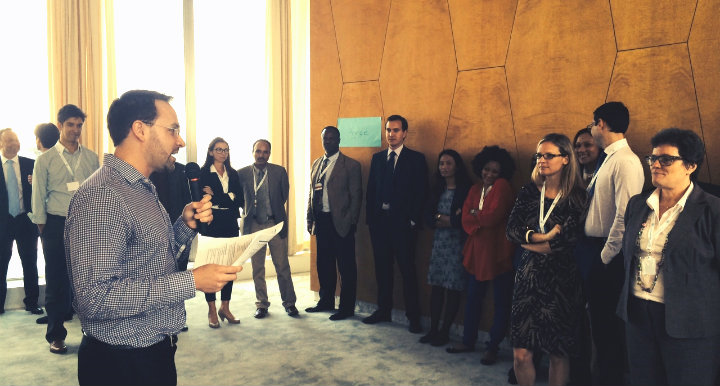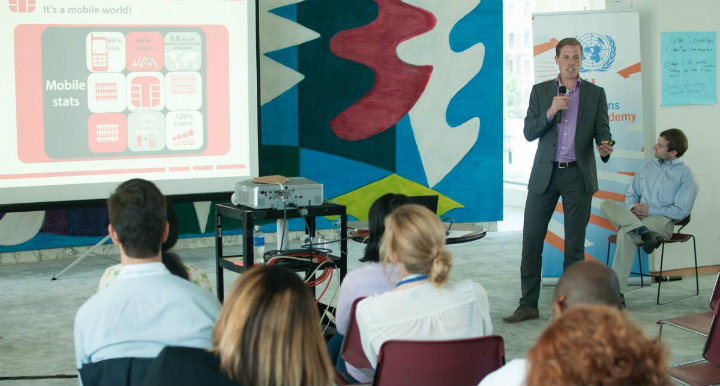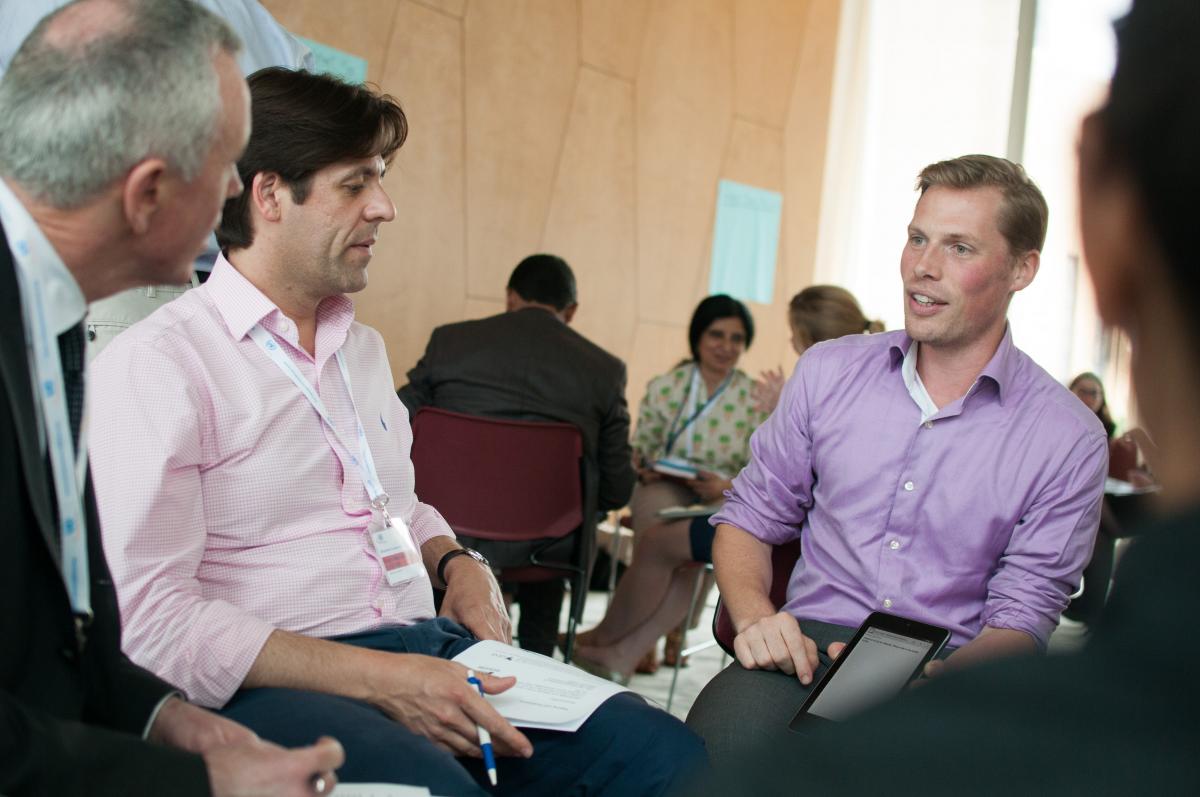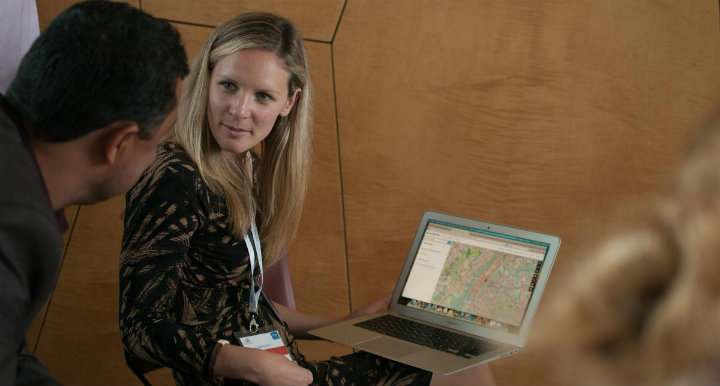My current focus on tourism development led me to explore how some of the tech tools discussed in the Mobiles for International Development class can be applied in the tourism industry. In particular, a large part of the tourism assessment and development process involves both evaluating the visitor experience in a destination and examining the attitudes of local residents towards tourism development.
Surveys are the most common tools for carrying out these evaluations, but most of the time they result in stacks of papers that need to be keyed into a computer, introducing errors and wasting valuable time. In the M4D class, we saw a physical example of this where a pickup truck was loaded with stacks of questionnaires.
Today, mobiles and tablets are overcoming the challenges faced by paper-based surveys and evaluations as they bring efficiency, a variety of user-friendly survey platforms, and real-time feedback.
1. Quick and easy access to better processed surveys
Compared with paper questionnaires, a more efficient data collection method would be to use the Formhub tool that we learned about during the course. The additional cost of purchasing a few basic tablets and rugged cases could be offset by savings in labor costs for data entry and the added value of the data being processed in a more timely and accurate manner.
2. Variety of user-friendly survey platforms
The advantage of a tablet over a smartphone is that the tablet more closely resembles a paper format questionnaire, making it easy to hand over to visitors or residents to complete. Formhub can also be used offline; completed questionnaires can be uploaded once a connection is reestablished, making it particularly useful in remote tourism destinations lacking wifi or cell service.
Since visitor surveys are usually carried out in places where large numbers of tourists congregate (city plazas, transportation system waiting areas, etc.), the survey-takers often hand out paper forms to many people simultaneously, presenting a potential disadvantage for Formhub if only a few tablets are available. A potential solution could be a QR code to scan that takes tourists to a web site on their own personal smartphones to complete the questionnaire. This method could be used in conjunction with the tablets (i.e. tablets could be used for those visitors without smart phones). There would have to be measures in place to ensure that the same person doesn’t submit multiple questionnaires, but I think that could be designed relatively simply.
3. Real-time feedback
Another way to make surveys valuable to both tourists and destination planners and developers, would be to couple geolocation with an SMS service. Tourists could opt in to the program upon arrival at a destination, and upon entering certain geofences they would automatically receive an informational text describing the attraction with links to more information if they’re interested. For instance, upon approaching a monument a visitor could receive historical information about the attraction, or upon entering a local market the user could receive a link to a detailed map showing where certain stalls are located. This system could be coupled with an SMS survey system like TextIt. This way, the destination could get real-time feedback from tourists about certain aspects of an attraction as the visitor is experiencing it (i.e. rating scale questions about customer service, facilities, etc.). This would help to eliminate the problem of recall bias that often exists when tourists are asked to recall certain aspects of their trip days (or weeks) after it’s over.
There’s obviously a ton of potential for mobile tech in the context of tourism, from the inspiration and planning stages, to booking and experiencing, to sharing the tourism experience with others. I’m super excited to see what kind of apps and novel technologies will be launched in the next few years to further enhance and add layers of value to the tourism experience.
About Jason Kreiselman
When he’s not backpacking through far-off corners of the planet, Jason Kreiselman works as a digital marketing specialist with Brand USA in Washington DC helping to promote international visitation to the U.S. He also works with the International Institute of Tourism Studies conducting tourism research for public and private sector clients. Jason spent four years in Ecuador as an ICT Advisor to the Peace Corps where he worked to promote small businesses and secure grants for organizations focusing on environmental conservation and sustainable development.
Jason holds a Master of Tourism Administration degree with a concentration in Sustainable Destination Management from The George Washington University. You can find him on LinkedIn here.
Interested in learning more about this topic of digital options for surveys and evaluation? Register now for our Technology for Monitoring & Evaluation online course, which runs 26 January – 20 February 2015.






